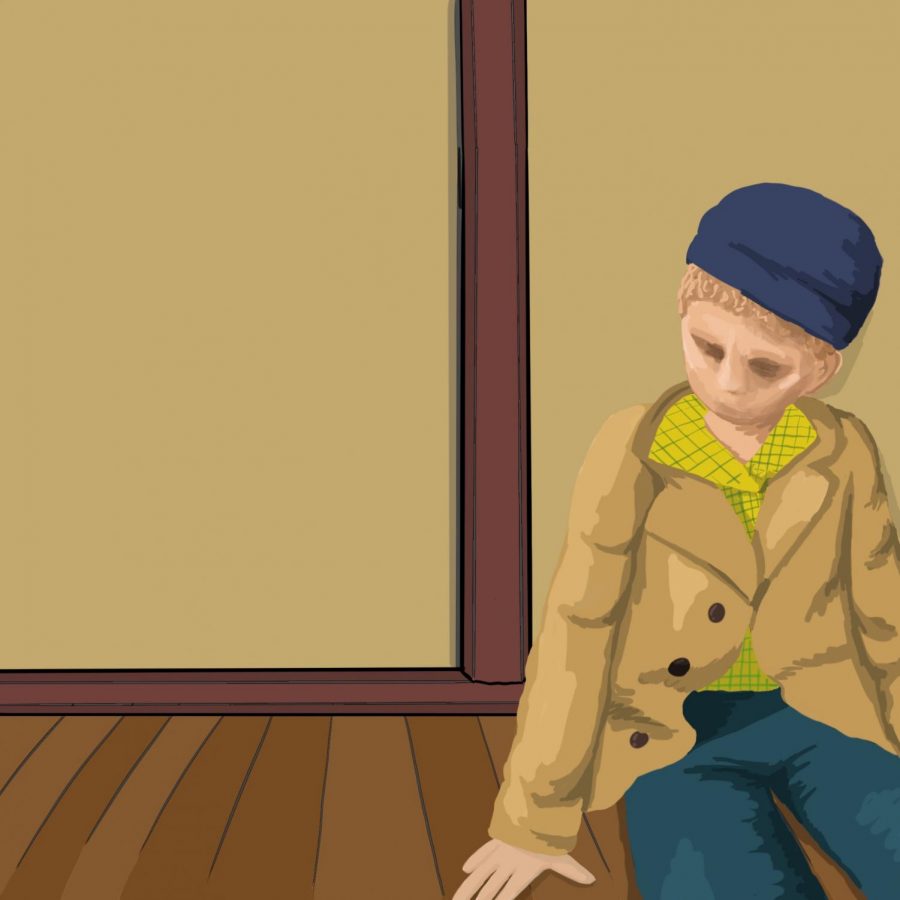Jojo Rabbit: Satire on WWII is Both Comedic and Moving
The new film “Jojo Rabbit” is set in Germany at the end of WWII.
December 8, 2019
Falcon Rating: 4.5/5
Set in Germany during the end of World War Two, Jojo Rabbit, directed by Taika Waititi, centers around young boy Jojo (Roman Griffin Davis) who is fanatical about Hitler and Nazism. He is forced to question his own ideals when he discovers that his mother (Scarlett Johansson) does not support the Nazi cause as much as he had thought.
His ideological struggle makes up the basis of the movie’s plot, and in the background, World War II is screeching to a halt, with Germany on the losing side. While this movie deals with the dark topics of Adolf Hitler and Nazi Germany, it is marketed as a comedy—a combination that gave me cause for concern. I worried that portraying Hitler and his followers in a comedic way would downplay the hatred at the heart of the Nazi regime, and the suffering people had faced as a result of it.
However, as I watched this movie run its course, my worries abated. Jojo Rabbit expertly balances comedy and depth, and both approaches are successful in diminishing bigoted ideals: especially antisemitism. However, the moral principles implied in the movie reach far beyond that specific struggle.
The main reason the movie is able to strike this balance is by filming through the lens of a sensitive little boy, Jojo. When the movie begins, Jojo is a fanatical Nazi, admiring Hitler so greatly that his interpretation of the man becomes his imaginary friend. However, as the plot unfolds, the false truths that Jojo has built his beliefs on begin to crumble, and he is confronted with the struggle of whether he should be, or is even capable of, rejecting the Nazi ideologies he has been steeped in during his short life. As a viewer today, it’s easy to take the moral high ground and dismiss any person who does not see through the bigotry within Nazism. However, Waititi’s choice to use the character of Jojo, still a child, provides an altogether more empathy-inducing explanation for his initial zealotry, absolving the audience of guilt for supporting Jojo throughout the film. The boy, like many other children, wants to be part of a club, and Nazism is the most tightly-knit club around, however terrible that may sound.
It also becomes clear to the audience that Jojo is nothing like Hitler, the sociopath that he claims to adore; at the Nazi training camp that he attends at the beginning of the movie, Jojo is unable to kill a rabbit, instead giving it a chance to run.
The movie does occasionally lose itself to farfetchedness, which mostly works towards making the film more engrossing, but can be implausible enough to distract slightly from the story’s flow. And, although a few of its plot twists are predictable, Davis acts them with such sincerity that they maintain emotional effect. Despite these few minor shortcomings, this movie manages to tell a gripping and sensitive tale, detailing the discriminatory ideologies that allowed the Holocaust and other events like it to occur. I think, overall, that demarcates a successful movie.
This piece also appears in our November 2019 print edition.










